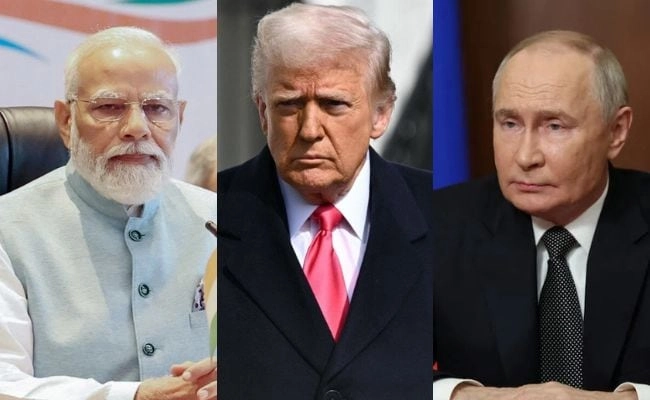In a recent statement, former President Donald Trump addressed the potential impact of a 25% tariff imposed by India on Russian oil. Trump suggested that this tariff might change the dynamics of international oil trade and influence his own decisions regarding energy policies if he were to return to the presidency. His remarks highlight the intricate relationship between global politics, trade tariffs, and energy resources.
The proposed tariff from India is part of a broader strategy to navigate the complexities of international relations, particularly in light of the ongoing conflict in Ukraine and its ramifications on global oil markets. India, which has significantly increased its imports of Russian oil despite Western sanctions, is now weighing the financial implications of this tariff. For Trump, the situation presents an opportunity to underscore his views on energy independence and the importance of strategic trade agreements. He has long advocated for policies that prioritize American energy production and reduce reliance on foreign oil.
Trump’s comments also reflect a larger trend of nations reassessing their energy strategies amid geopolitical tensions. As countries grapple with the consequences of their energy dependencies, tariffs can serve as a tool to exert economic pressure and influence market behaviors. The former president’s assertion that he might not need to impose such tariffs if he were in office again suggests his intent to leverage American energy resources to create a more favorable trade environment. This approach aligns with his previous administration’s focus on energy dominance and reducing trade imbalances.
Ultimately, the interplay between tariffs, energy policies, and international relations is complex and ever-evolving. As countries like India navigate their energy imports in light of fluctuating geopolitical landscapes, the implications of these decisions will resonate across the global market. Trump’s reflections on the matter serve to illustrate how trade policies can shape not only economic outcomes but also diplomatic relationships among nations.




